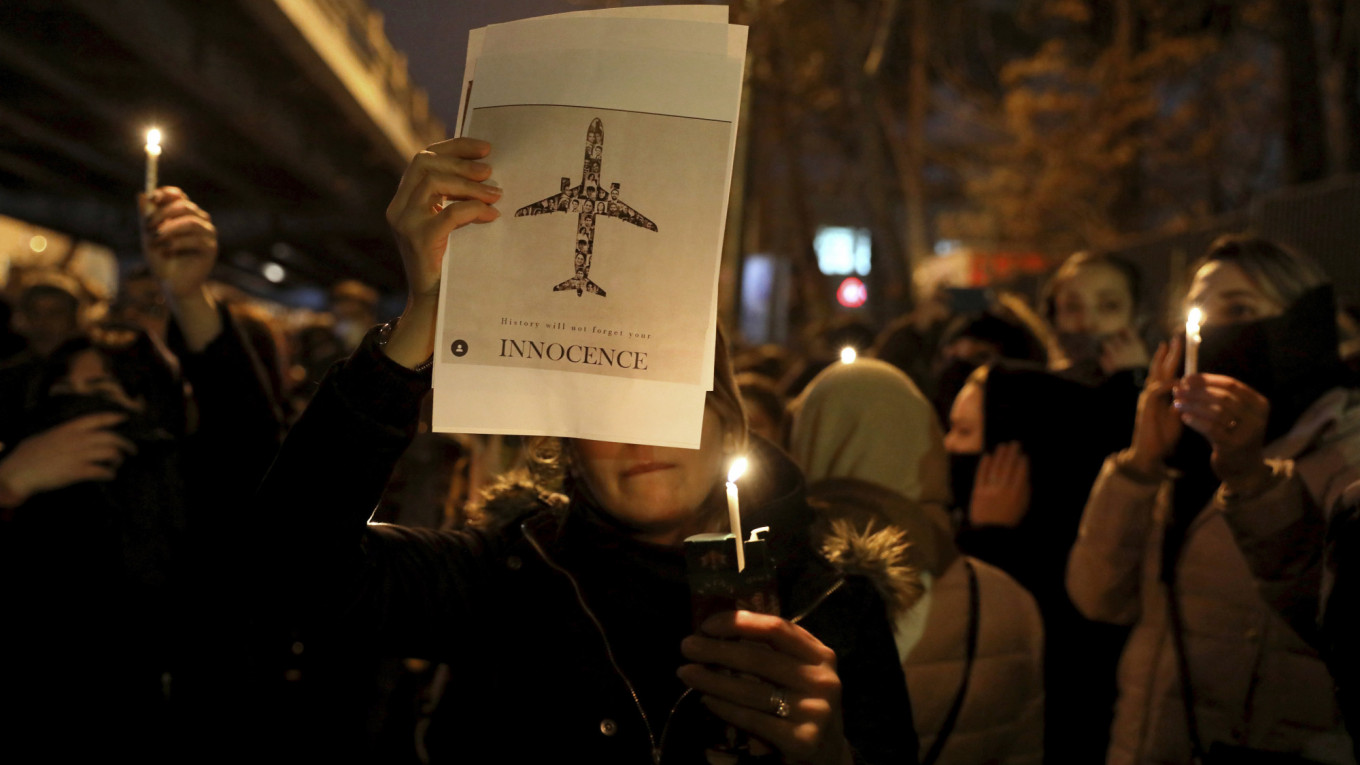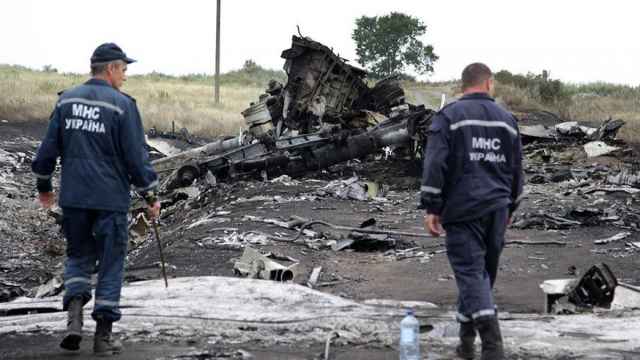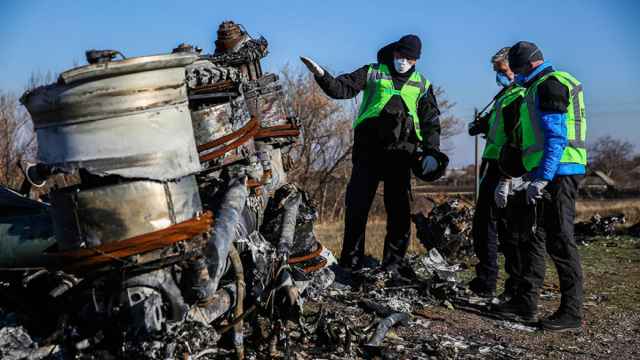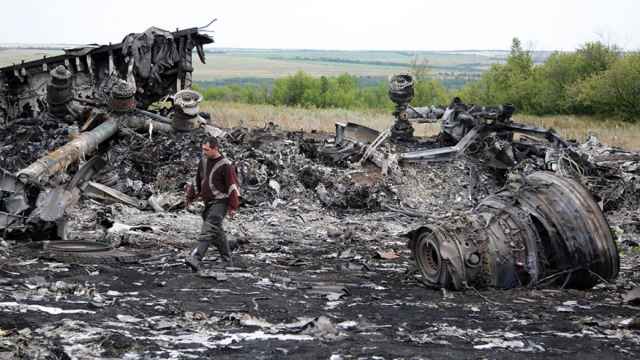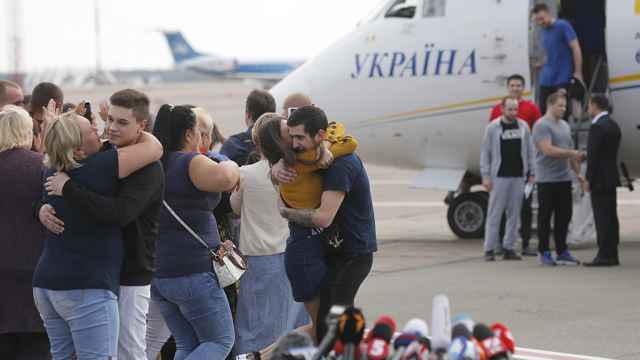In an interview on Friday I said that I expected Iran to accept responsibility for the downing of Ukrainian flight PS752 within days, and to blame it on human error during wartime. To many, this prediction appeared counter-intuitive, given that by then Iran had mobilized its whole establishment to deny any link to the incident, and to accuse anyone claiming the opposite in waging psychological warfare on Iran.
Less than 24 hours later (and exactly four days after shooting down the airplane), Iran abruptly made a full confession and offered its apologies to the victims’ families, and even to the journalists it had previously accused. An operator at a missile facility at Malard, a repentant chief of Iran’s Guard’s Air Force said in a televised briefing, had mistaken the Ukrainian airliner for an oncoming cruise missile, and had had only 10 seconds to react. Tragically, he had taken the wrong turn at the fork in the road.
This abrupt U-turn inevitably tempts us to draw parallels with the Kremlin’s handling of the MH17 shootdown.
The similarities are indeed striking, at least at first glance. In both incidents, the armed forces of a non-liberal regime are accused of shooting hundreds of innocent civilians from the sky, likely over mistaking a commercial airliner for enemy aircraft. In both cases the regimes were quick to spread alternative fake narratives backed up by no real proof, and in both cases open source investigators were even quicker to debunk them. In both cases expensive, sophisticated Russian anti-aircraft systems had failed to safeguard against erroneously shooting down a plane that even open-source databases — such as Flightradar24 — were easily recognizing as commercial flights.
The differences though are not trivial. Tehran, unlike Moscow, switched course within mere days of the incident and expressed unconditional contrition. The Kremlin is in its sixth year of prevarication, fabrication, and, at best, equivocation.
There are objective origins for these different behaviors.
Politically and legally, it was arguably less risky for Iran to make an admission. It had launched a lawfully owned missile from its sovereign territory. It had done so during a spike in military escalation with the U.S., triggered by the U.S. assassination of its general, and after it had been threatened with imminent cruise missile attack by President Trump. Mistakes happen, especially, as an uncharacteristically understanding Donald Trump said, in “rough neighborhoods.”
It was also harder to deny the truth in the Iranian case. The whole world’s electronic eyes had been trained on Iran in the hours after its missile attack on U.S. bases in Iraq. Objective satellite data from any number of satellites would invariably have caught — as they did — the missiles’ launch. International investigators would inevitably find — as they did — shrapnel perforations in the plane’s hull. And unlike in the case with MH17, there was no other missile-equipped army within reach of the airplane that Tehran could pin the blame to.
Iran also could not afford to play the long game that Russia thinks it can. At a peak of volatility in its relationship with the West, and with an economy decimated by sanctions, Iran needs all the friends (or at least as few enemies) as possible. The West was also pragmatic enough to hint that a mea culpa would be welcomed and might be sufficient.
All these reasons combined made the full confession a pragmatic and inevitable choice.
The situation with Russia in July 2014 was different. Russian military units were waging an undeclared, and thus unlawful, war on Ukrainian territory. The BUK Telar that shot down MH17 was illegally transported over the Ukrainian border in the dead of night. By all accounts, Russian active-duty soldiers accompanied and operated the sophisticated machine. A full confession would have been an admission to much more than an accidental shootdown.
Russia decide not to pay the political price in 2014 by coming clean early on, and instead it opted for the long game of prevarication. Equipped with enough resources to withstand a long-term sanction game, and overconfident in its ability to use its resources as carrots and sticks to make the problem go away politically, Russia spent five years feigning innocence.
This may have been an easy tactical choice, but strategically it was a doomed one. The internationally mandated criminal court case on MH17 begins in the Netherlands in less than two months. The court — and the world — will hear evidence that has been meticulously gathered by investigators over five long years. And under Dutch law, the charges will have to be levied not just to the perpetrators but to the highest point in the proven chain of command.
A guilty verdict will make Russia a pariah state. Further sanctions are bound to follow, many of them likely targeting persons at the top of Russia’s establishment, but others affecting day-to-day life of ordinary Russians.
Both Iran and Russia had a choice to pay a short-term political price, which would be borne by the powers at be. Iran chose to pay the price, and it may be more expensive than the establishment expected. Unlike the Russian case with MH17, where Russia lost no lives, most of the passengers on Ukrainian flight PS752 were ethnic Iranian, many of them students. Following the confessions, Tehran has been gripped by mass demonstrations of young people shouting “resignations are not enough.” How the Iran establishment will survive this new crisis is yet to be seen.
Whatever the outcome, and whatever the motivation, Iran will be remembered internationally as the country that did the adult, honorable thing — that a country that takes pride in its ancient country must do — it owned up to its mistake.
Russia chose not to admit. This is likely to save the Russian establishment from paying a political price in the short term. But it is only a deferral of the price, not a permanent solution (remember Lockerbie?)
More crucially, this choice comes at the irreparable cost of Russia’s international reputation. Without owning up to its mistake, it will forever be remembered as the country that just kept lying.
A Message from The Moscow Times:
Dear readers,
We are facing unprecedented challenges. Russia's Prosecutor General's Office has designated The Moscow Times as an "undesirable" organization, criminalizing our work and putting our staff at risk of prosecution. This follows our earlier unjust labeling as a "foreign agent."
These actions are direct attempts to silence independent journalism in Russia. The authorities claim our work "discredits the decisions of the Russian leadership." We see things differently: we strive to provide accurate, unbiased reporting on Russia.
We, the journalists of The Moscow Times, refuse to be silenced. But to continue our work, we need your help.
Your support, no matter how small, makes a world of difference. If you can, please support us monthly starting from just $2. It's quick to set up, and every contribution makes a significant impact.
By supporting The Moscow Times, you're defending open, independent journalism in the face of repression. Thank you for standing with us.
Remind me later.



